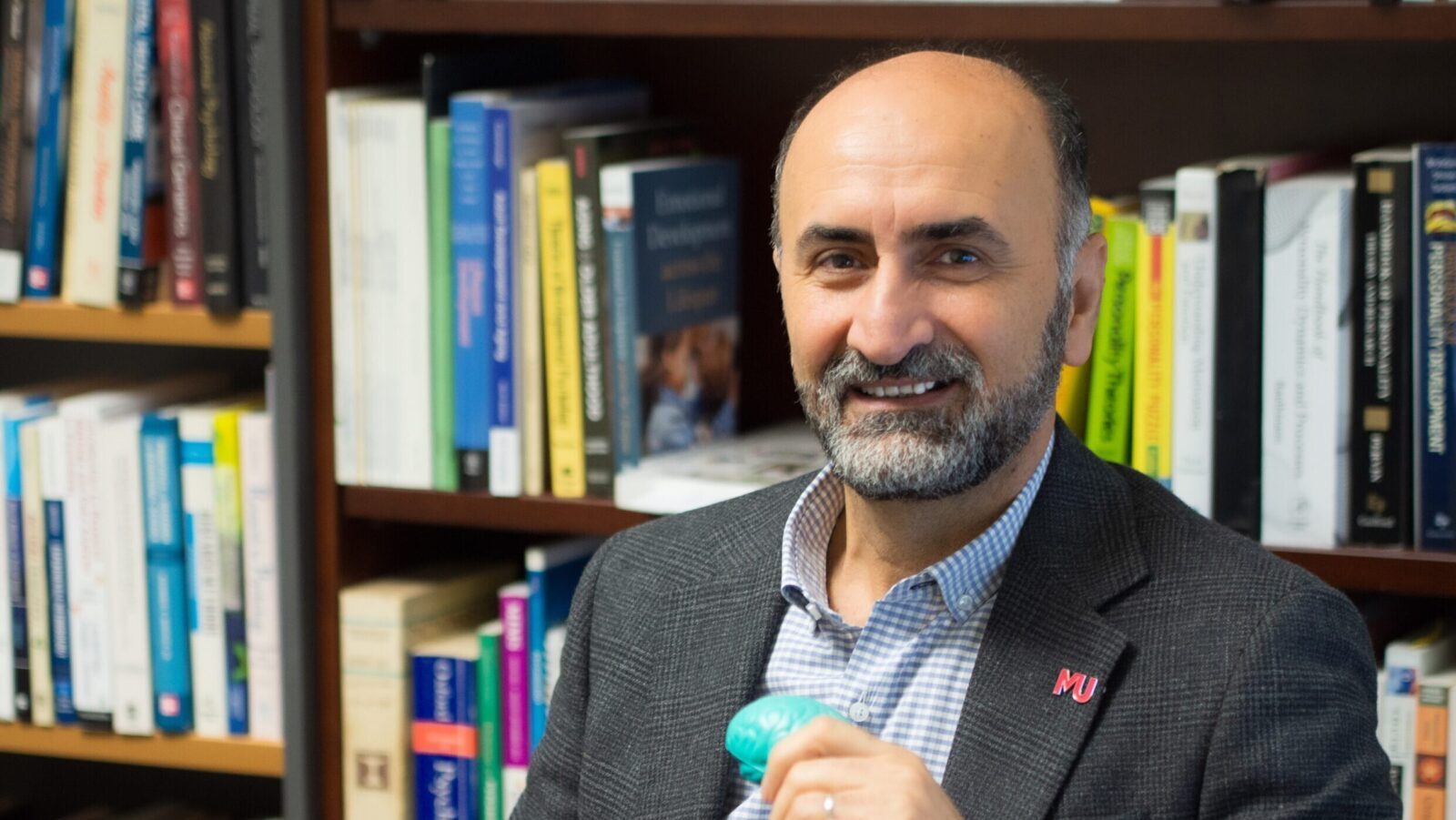New self-reporting tool revolutionises early dementia detection

A new self-reporting tool, developed by Murdoch University researchers, is likely to change the way early signs of dementia are detected in Australia.
The McCusker Subjective Cognitive Impairment Inventory (McSCI) is a "46-item, self-report questionnaire that evaluates concerns across six cognitive domains: memory, language, orientation, attention and concentration, visuoconstruction abilities, and executive function."
Professor of psychology and clinical neuroscience Hamid Sohrabi headed up the research project at the Centre for Healthy Ageing, which is part of Murdoch University's Health Futures Institute.
The McSCI tool is the culmination of a decade of research and collaboration between Professor Sohrabi, Professor Ralph Martins AO, director of research at Alzheimer’s Research Australia, and colleagues from Edith Cowan University, Macquarie University and the University of Western Australia.
"The McSCI is a major contribution to the field of cognitive health and dementia screening. It can identify individuals with moderate to severe levels of subjective cognitive decline (SCD) with 99.9 per cent accuracy," Professor Sohrabi said.
"This tool is particularly useful for detecting cognitive decline related to neurodegenerative processes, such as the preclinical stages of Alzheimer’s disease," he said.
By 2050 it is estimated that one million Australians will be living with some form of dementia. Professor Vicky Vass, chief of Alzheimer's Research Australia, said the McSCI tool will be life-changing for many.
“We are delighted to have supported this game-changing research. The McSCI is a significant leap forward in the early detection and management of dementia, offering immense promise for those at risk. This tool will undoubtedly make a substantial impact on cognitive health screening and provide hope for countless individuals and their families,” Professor Vass said.
Recent advancements in pharmaceutical Alzheimer's treatments, like Donanemab, have been proven to be effective in slowing cognitive decline, however, early diagnosis is vital to its success.
“Early diagnosis of Alzheimer’s is essential for treatments to be effective – McSCi is a powerful tool to screen individuals at high risk of Alzheimer’s and dementia,” Professor Sohrabi said.
"The McSCI will eliminate the guessing game for clinicians and will give peace of mind to individuals and their families.
"Imagine if you could predict your risk for dementia well before it takes hold, and you could start treatment and stop the disease from progressing?
“The McSCI makes the first step of such prediction possible which will result in savings in time, money and health system resources."
The power of the McSCI tool is it's ability to distinguish between pre-clinical experiences of cognitive decline (such as memory loss, changes in planning and problem-solving abilities and difficulties in completing everyday tasks) and the experiences reported in clinical stages of dementia, therefore serving better in detecting those at risk of, rather than those with dementia.
Alzheimer's Research Australia says "the McSCI is more than just a screening tool – it is a beacon of hope for early dementia detection and management. By providing accurate, reliable, and accessible cognitive health screening, it promises to make a profound impact on the lives of individuals and families affected by dementia."
The McSCI tool will be open access, meaning it will be available to clinicians and researchers at no cost.
The research was funded by Alzheimer’s Research Australia and the McCusker Charitable Foundation.
Email: [email protected]





